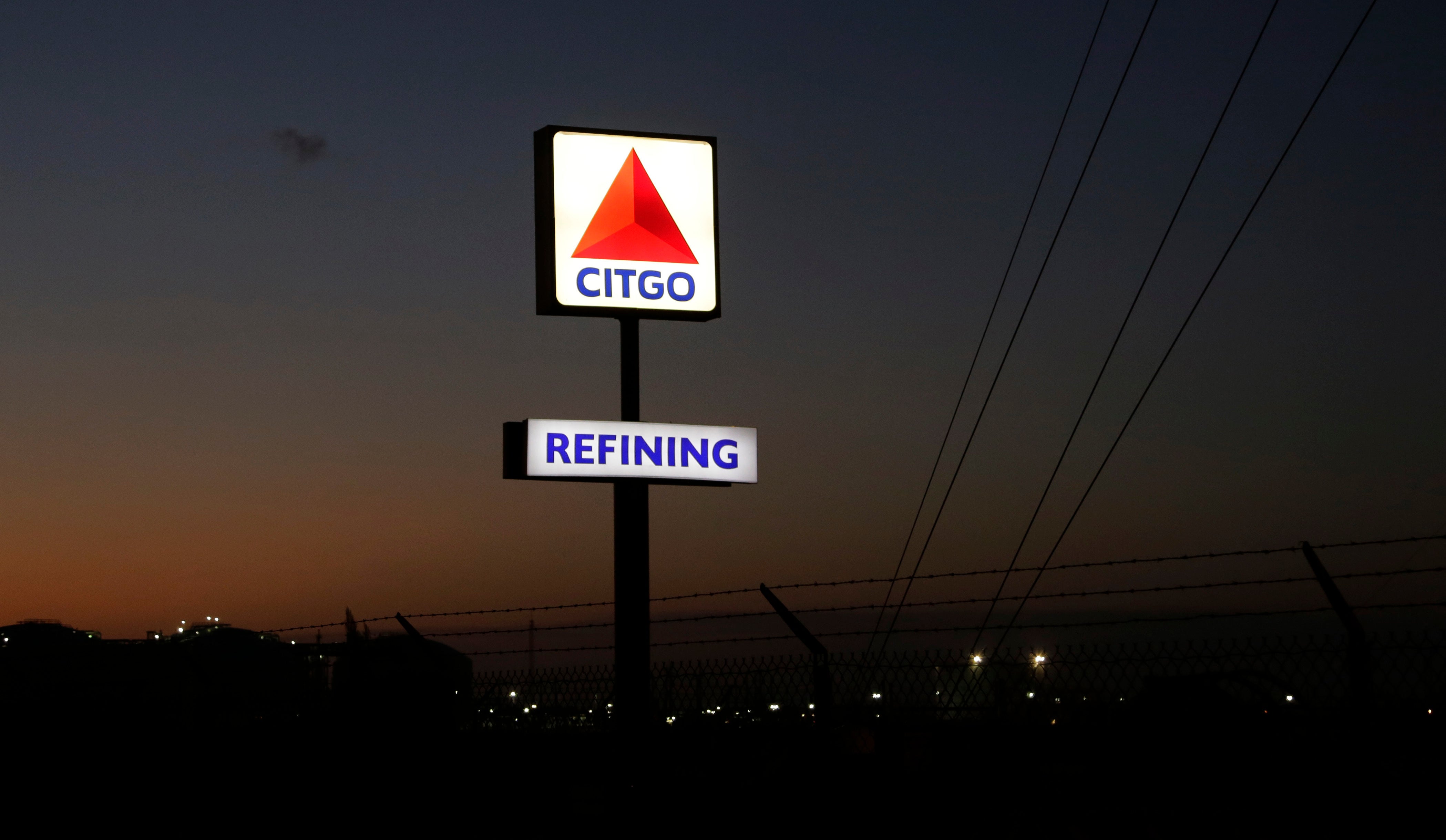US again protects Citgo assets from Venezuela creditors
The Trump administration has extended a measure blocking holders of crisis-torn Venezuela’s debt from liquidating its U.S.-based Citgo refineries as payment

Your support helps us to tell the story
From reproductive rights to climate change to Big Tech, The Independent is on the ground when the story is developing. Whether it's investigating the financials of Elon Musk's pro-Trump PAC or producing our latest documentary, 'The A Word', which shines a light on the American women fighting for reproductive rights, we know how important it is to parse out the facts from the messaging.
At such a critical moment in US history, we need reporters on the ground. Your donation allows us to keep sending journalists to speak to both sides of the story.
The Independent is trusted by Americans across the entire political spectrum. And unlike many other quality news outlets, we choose not to lock Americans out of our reporting and analysis with paywalls. We believe quality journalism should be available to everyone, paid for by those who can afford it.
Your support makes all the difference.The Trump administration on Wednesday extended a measure blocking holders of crisis-torn Venezuela's debt from liquidating its U.S.-based Citgo refineries as payment.
The U.S. Treasury Department put off the possible sale of Houston-based Citgo until mid-2021. That gives President-elect Joe Biden several months to set his policy on Venezuela, which is in a historic economic and humanitarian crisis with two men claiming the presidency as millions flee.
The protections had been set to expire on Jan. 19, a day before Biden takes office.
Venezuela has owned Citgo since the 1980s as part of the state-run oil company PDVSA. It has three refineries in Louisiana, Texas and Illinois in addition to a network of pipelines crisscrossing 23 states. It provides between 5% and 10% of U.S. gasoline.
President Nicolás Maduro in 2016 put Citgo up as collateral in an ill-advised debt swap. Bondholders want to sell off Citgo as payment after Venezuela defaulted.
Maduro’s government lost control of Citgo after the Trump administration recognized opposition leader Juan Guaidó as Venezuela’s legitimate president in early 2019, shortly after Maduro claimed victory in an election the U.S. and other countries said was rigged.
Citgo is Venezuela’s most valuable foreign asset, and Guaidó's coalition of U.S.-backed lawmakers views the Houston-based Citgo as a way to fund the crisis-torn nation's recovery — if Maduro ever leaves power.
Maduro accuses the opposition of illegally getting control of Citgo, saying it is part of an “imperialist” attempt to install Guaidó as a “puppet” leader to take advantage of Venezuela's vast resources.